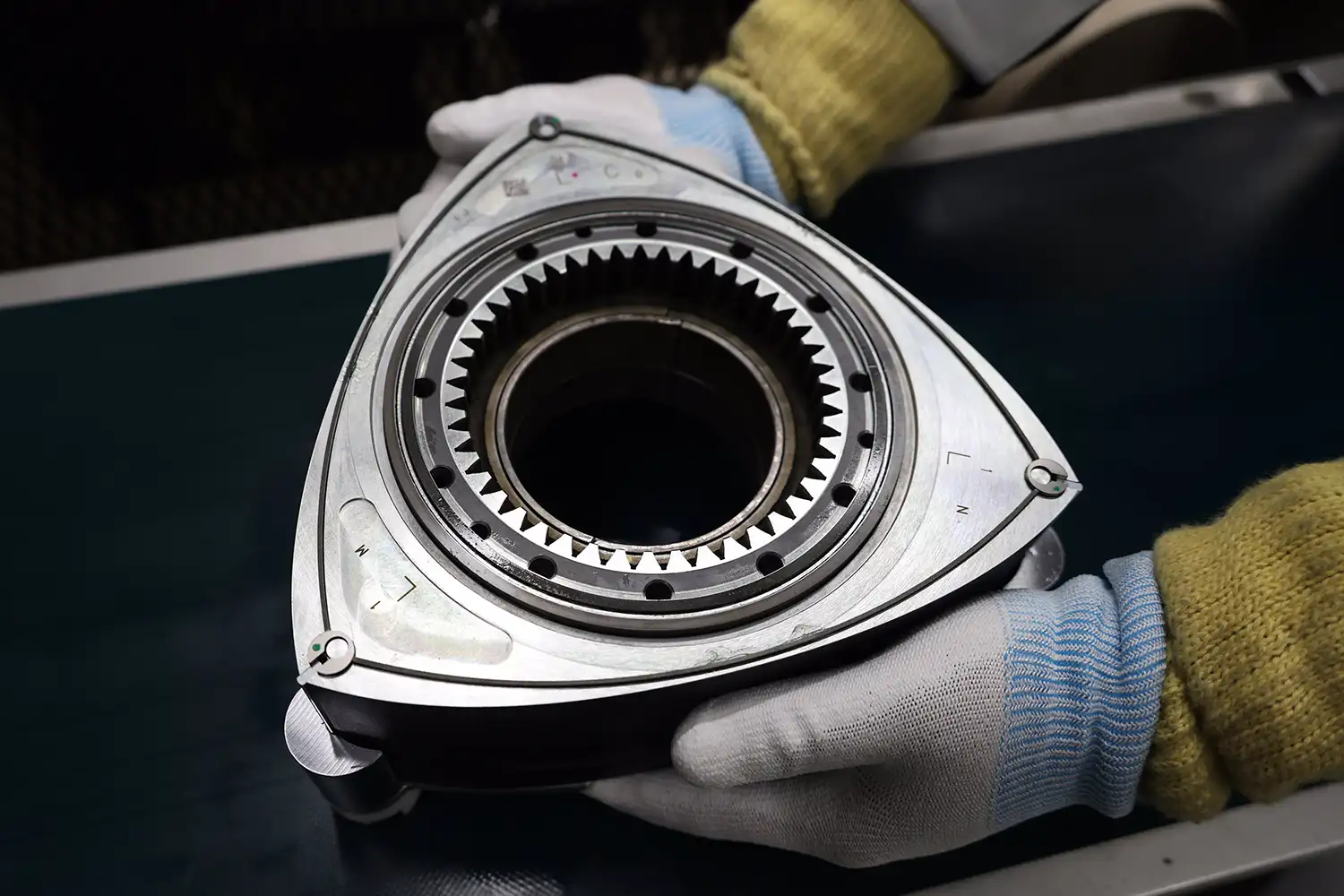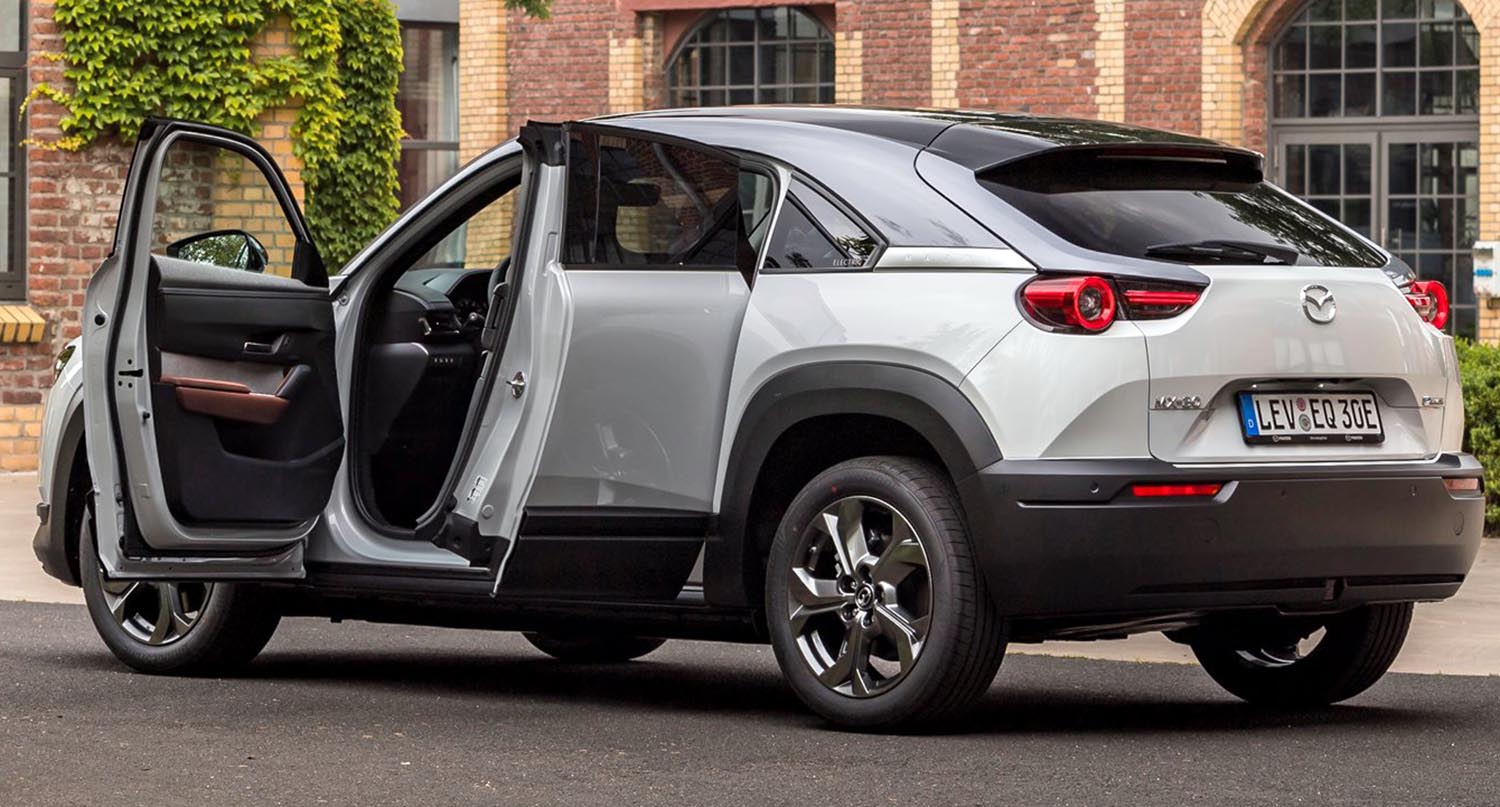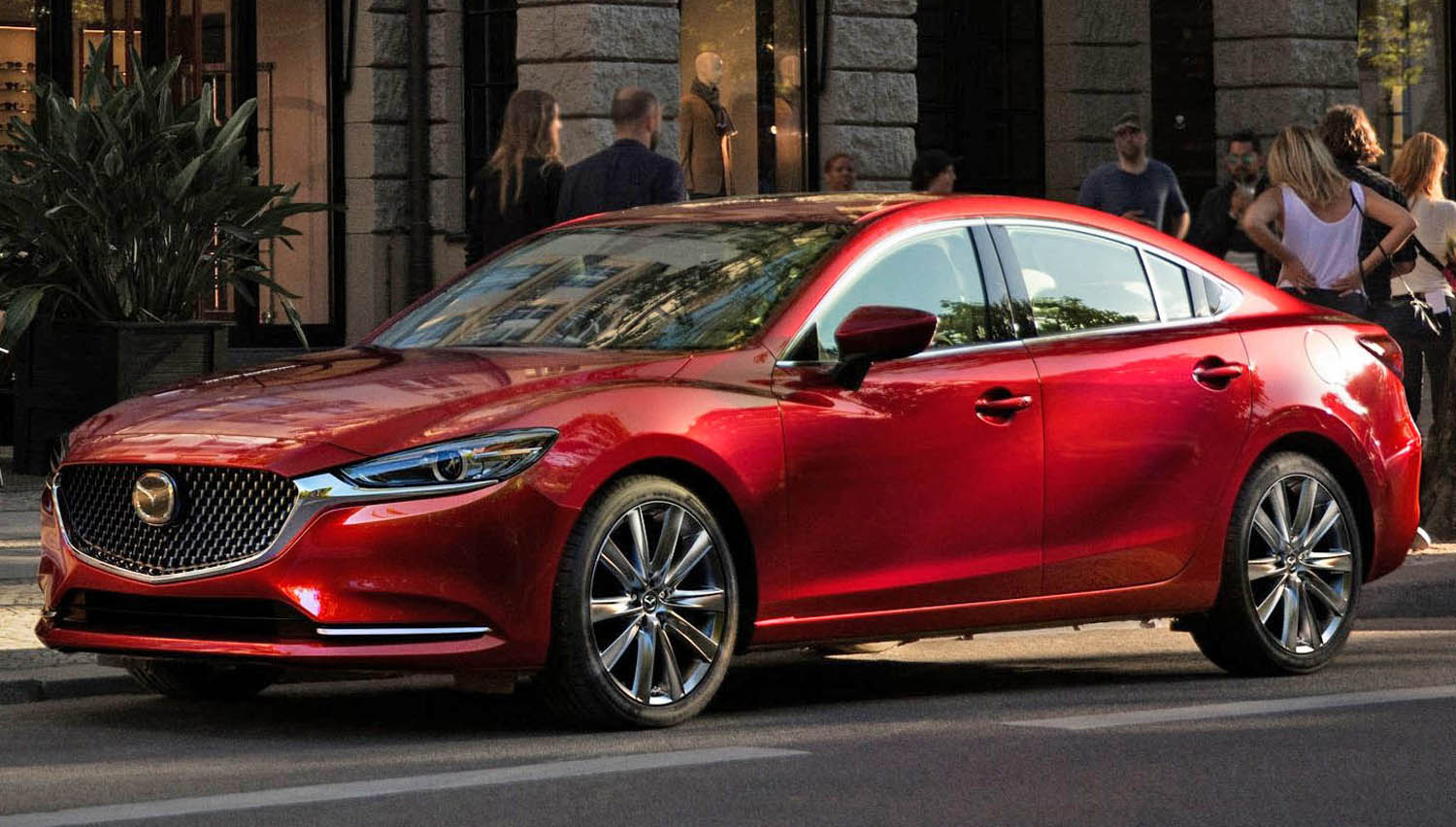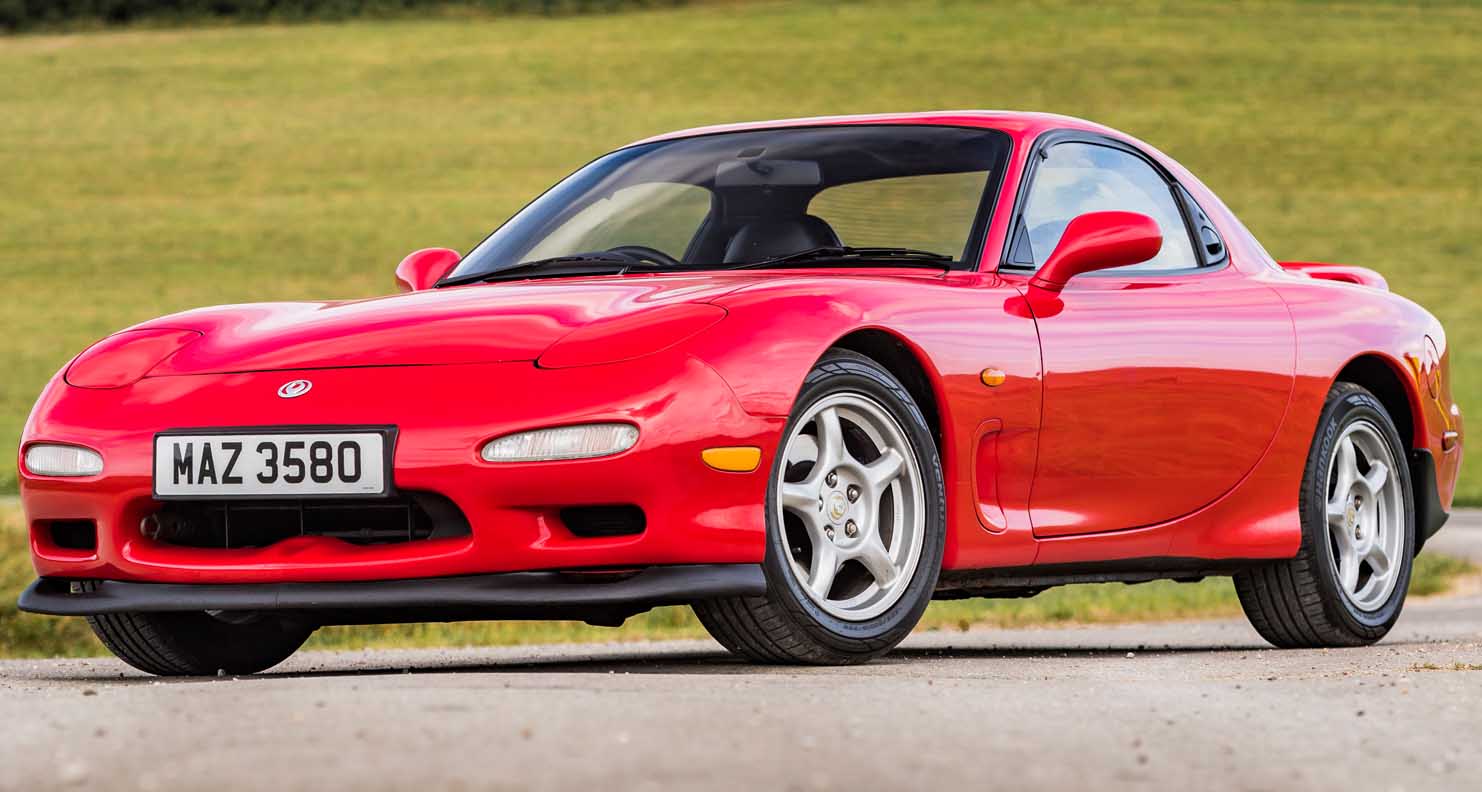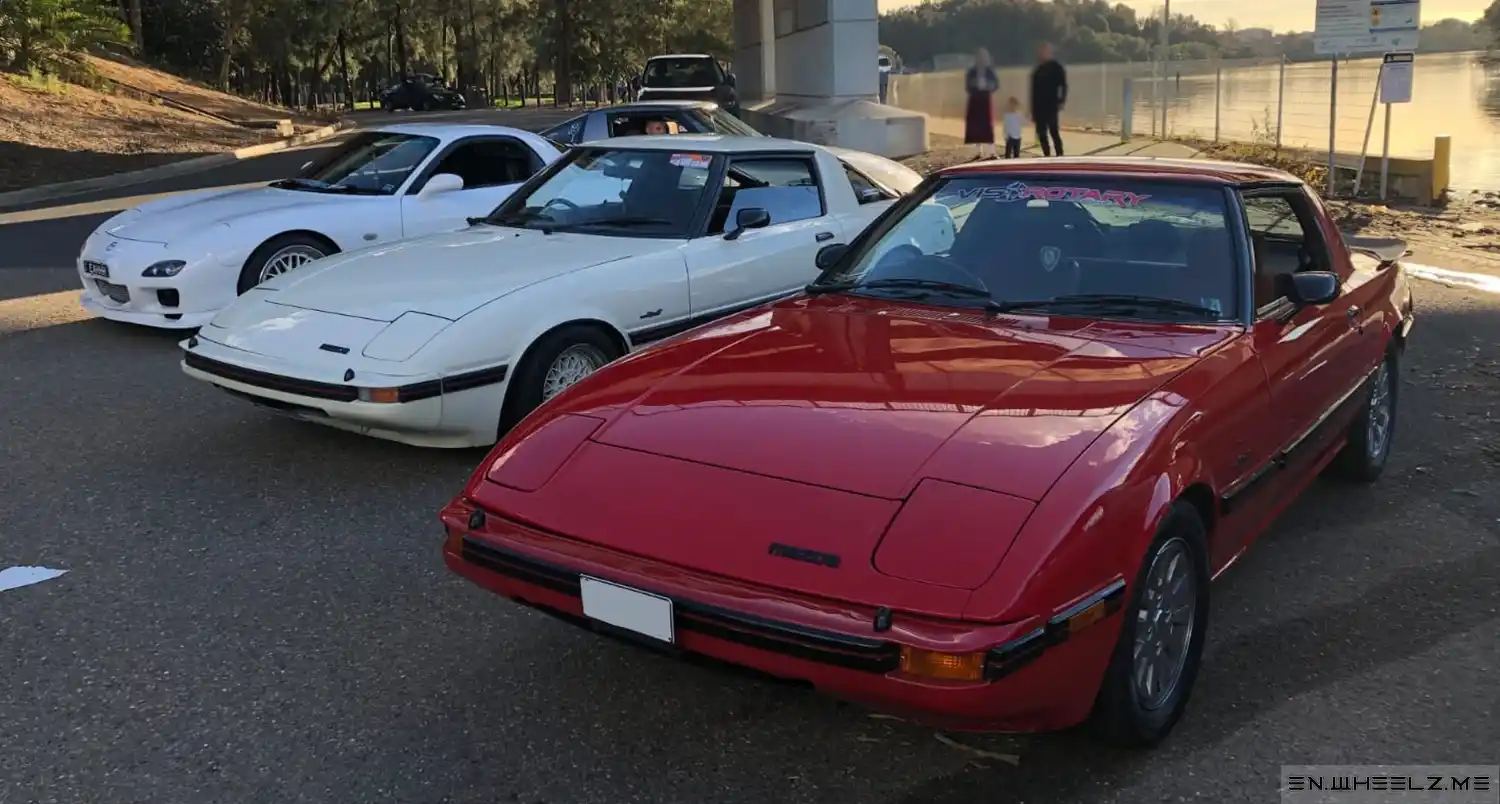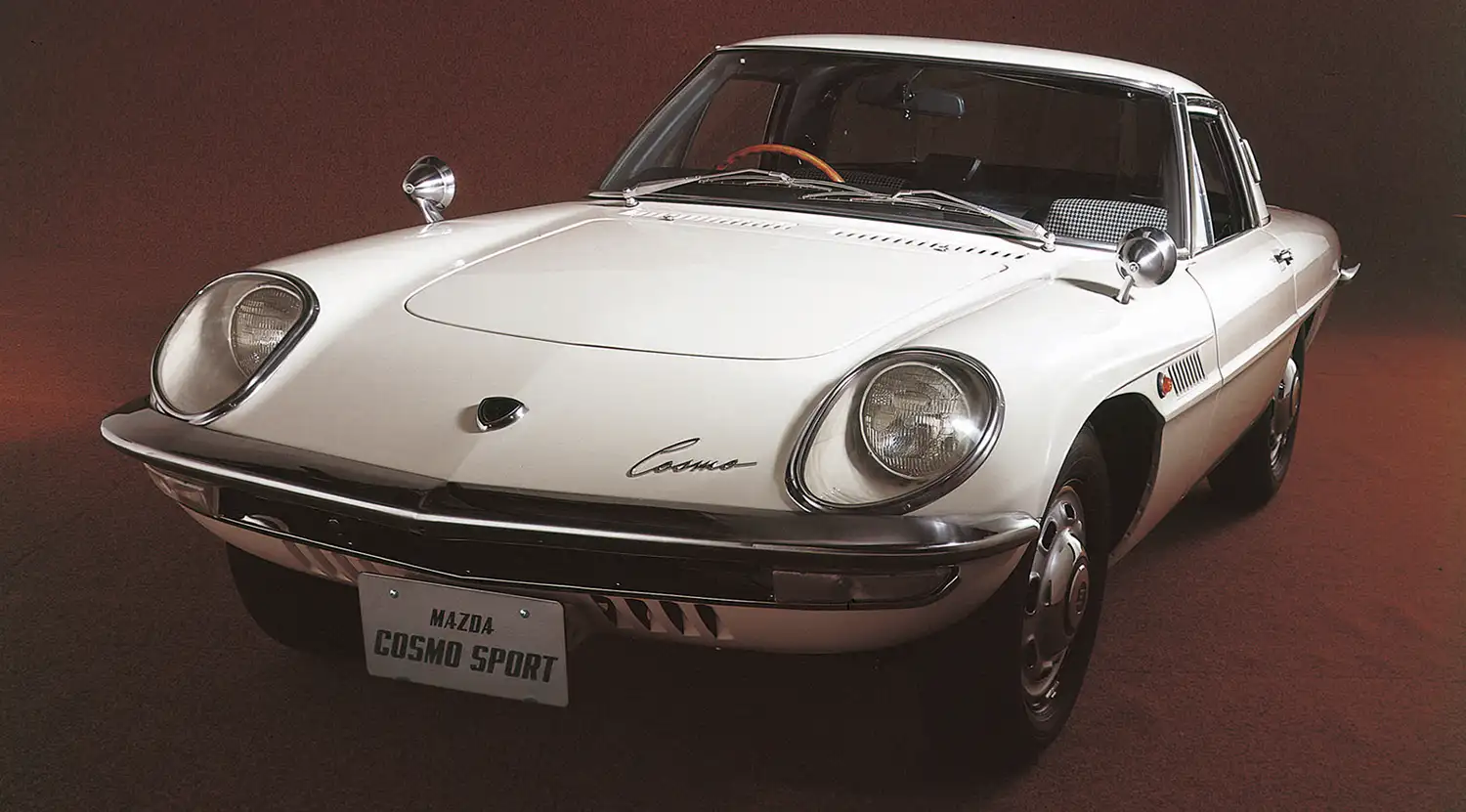
Mazda Motor Corporation announced today that the total production volume of Mazda rotary engine vehicles has surpassed two million units1.
The rotary engine is an engine with a unique structure that uses rotational movement of triangular rotors to generate power. The first vehicle Mazda equipped with a rotary engine was the Mazda Cosmo Sport (Mazda 110S), introduced in 1967. From there, Mazda continued to refine the performance of their rotary engines improving output, fuel economy, and durability, and maintaining their position as the only automaker mass-producing rotary engines for many years.
In June this year, Mazda resumed production of rotary engine vehicles for the first time in eleven years after having ended production of the Mazda RX-8 in 2012. The company will start selling their twelfth rotary engine vehicle, the Mazda MX-30 e-Skyactiv R-EV2, in the coming days. Sales in Europe will begin in autumn 2023 depending on market.
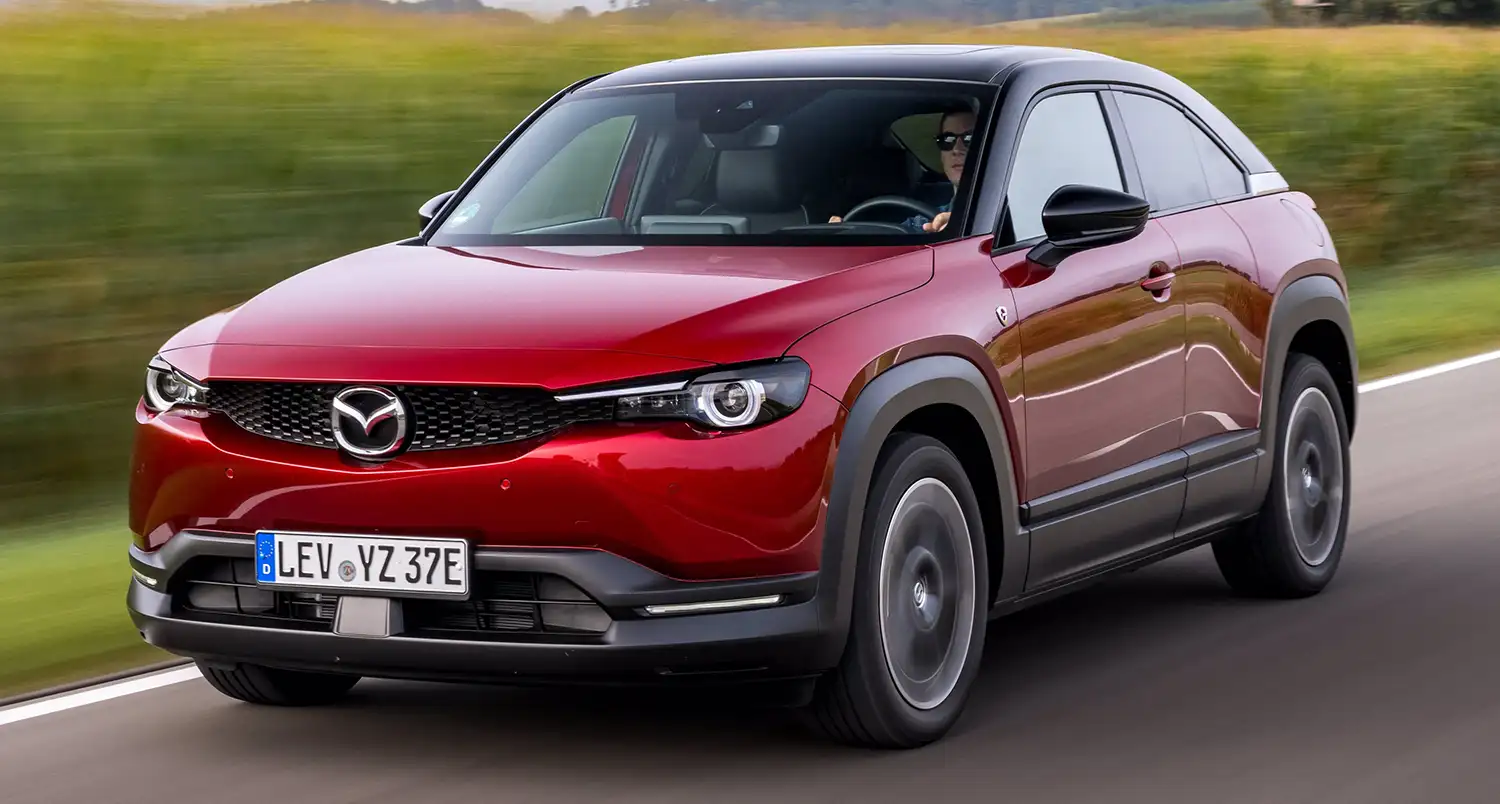
Takeshi Mukai, Director and Senior Managing Executive Officer at Mazda, made the following statement in response to reaching two million total production units.
“The rotary engine is a special part of Mazda history and represents our ‘never-stop challenging spirit.’ The rotary engine is much loved by customers around the world, and we are excited to resume production and see it make a comeback. I would like to take this opportunity to sincerely thank everyone who has supported us on this journey—in particular, the many customers who have purchased rotary engine vehicles, our rotary engine fans, and all our business partners who were involved in development and production. Moving forward, we will continue to pass on this ‘never-stop challenging spirit,’ offering attractive vehicles that provide our customers with an exciting driving experience even in the age of electrification.”
Mazda will continue to pursue the ‘Joy of Driving’ under its core value, ‘Human Centric,’ and aim to deliver ‘Joy of Living’ by creating moving experiences in customers’ daily lives.
Mazda Rotary Engine Timeline
| July 1961 | Technical tie-up with NSU and Felix Wankel. |
| May 1967 | Completion of the rotary engine announced. and Mazda Cosmo Sport (Mazda 110S) launches. |
| July 1968 | Mazda Familia Rotary coupe (Mazda R100 coupe) launches. |
| October 1969 | Mazda Luce Rotary coupe (Mazda R130 coupe) launches. |
| May 1970 | Mazda Capella Rotary series (Mazda RX-2) launches. |
| September 1971 | Mazda Savanna (Mazda RX-3) launches. |
| November 1972 | 2nd Generation Mazda Luce Rotary series (Mazda RX-4) launches. |
| June 1973 | Total rotary engine vehicle production volume reaches 500,000. |
| February 1974 | 2nd Generation Mazda Capella (Mazda RX-2) launches. |
| April 1974 | Mazda Rotary Pickup (REPU) launches in North America. |
| July 1974 | Mazda Parkway Rotary 26 launches. |
| April 1975 | Mazda Roadpacer AP launches. |
| October 1975 | 2nd Generation Mazda Cosmo AP (Mazda RX-5) launches. |
| October 1977 | 3rd Generation Mazda Luce (Mazda 929L) launches. |
| March 1978 | 1st Generation Mazda Savanna RX-7 (Mazda RX-7) launches. |
| November 1978 | Total rotary engine vehicle production volume reaches 1 million. |
| November 1981 | 3rd Generation Mazda Cosmo and 4th Generation Luce Rotary series (Mazda 929) launch. |
| October 1985 | 2nd Generation Mazda Savanna RX-7 (Mazda RX-7) launches. |
| April 1986 | Total rotary engine vehicle production volume reaches 1.5 million. |
| September 1986 | 5th Generation Mazda Luce (Mazda 929) launches. |
| April 1990 | 4th Generation Mazda Cosmo (Eunos Cosmo) launches, equipped with a three-rotor rotary engine. |
| June 1991 | Mazda 787B wins the 59th 24 Hours of Le Mans. |
| December 1991 | 3rd Generation Mazda RX-7 (ɛ̃fini RX-7) launches. |
| April 2002 | The last Mazda RX-7 limited edition model, Spirit R Series, launches. |
| April 2003 | Mazda RX-8 launches. |
| November 2011 | The last Mazda RX-8 special edition vehicle, Spirit R, launches. |
| June 2012 | Production of the Mazda RX-8 ends. |
| June 2023 | Production of the Mazda MX-30 e-Skyactiv R-EV starts. |
| October 2023 | Total rotary engine vehicle production volume reaches 2 million. |
